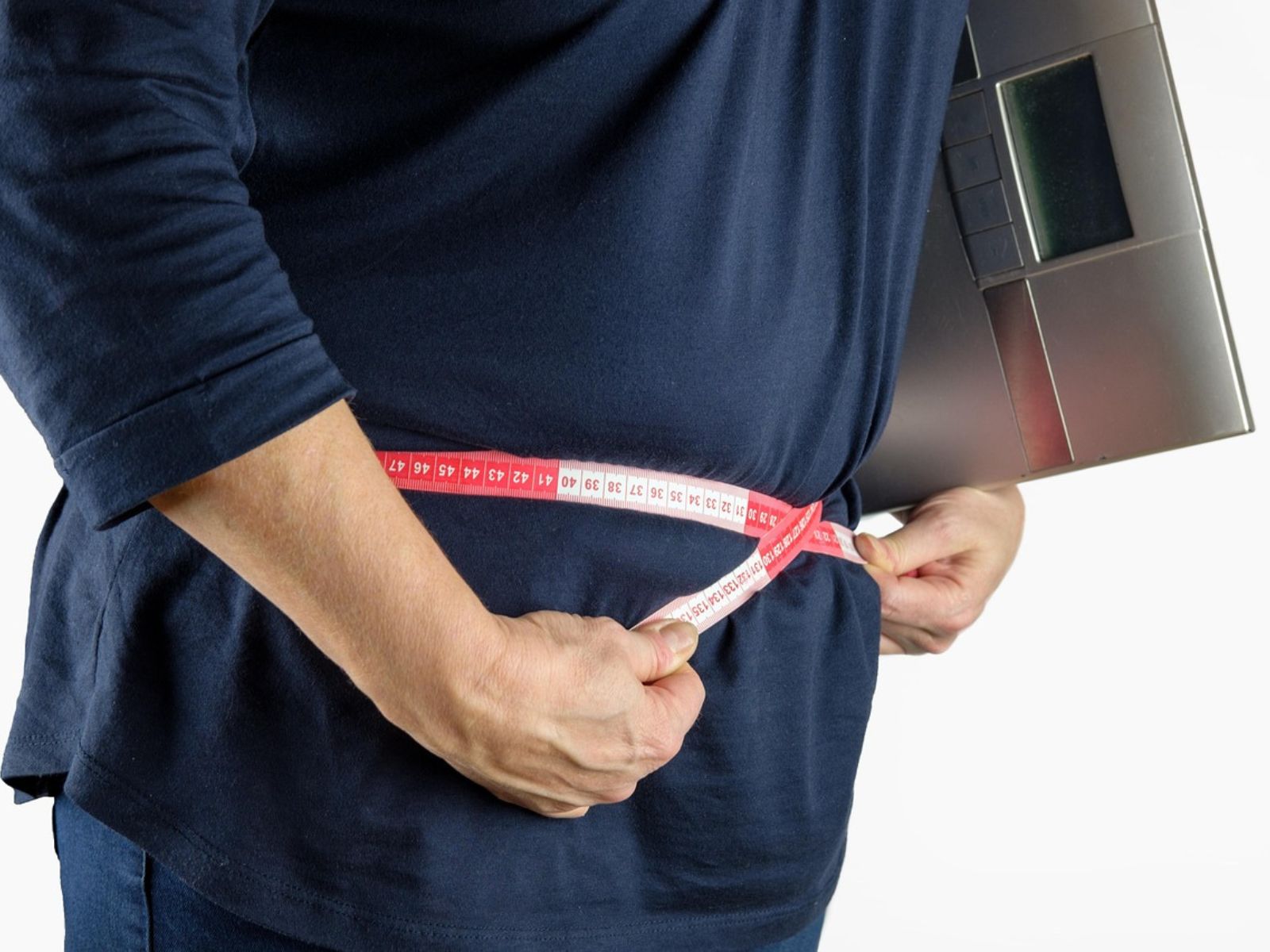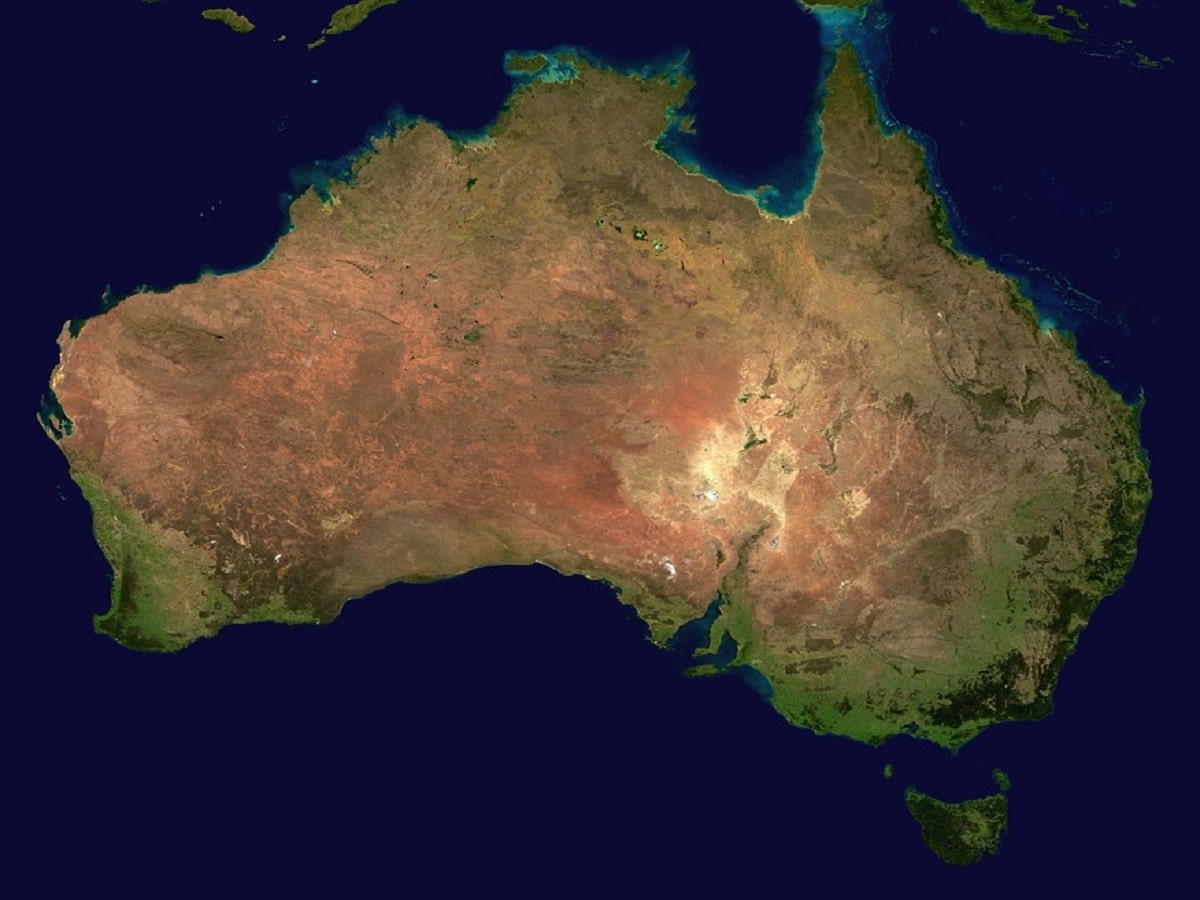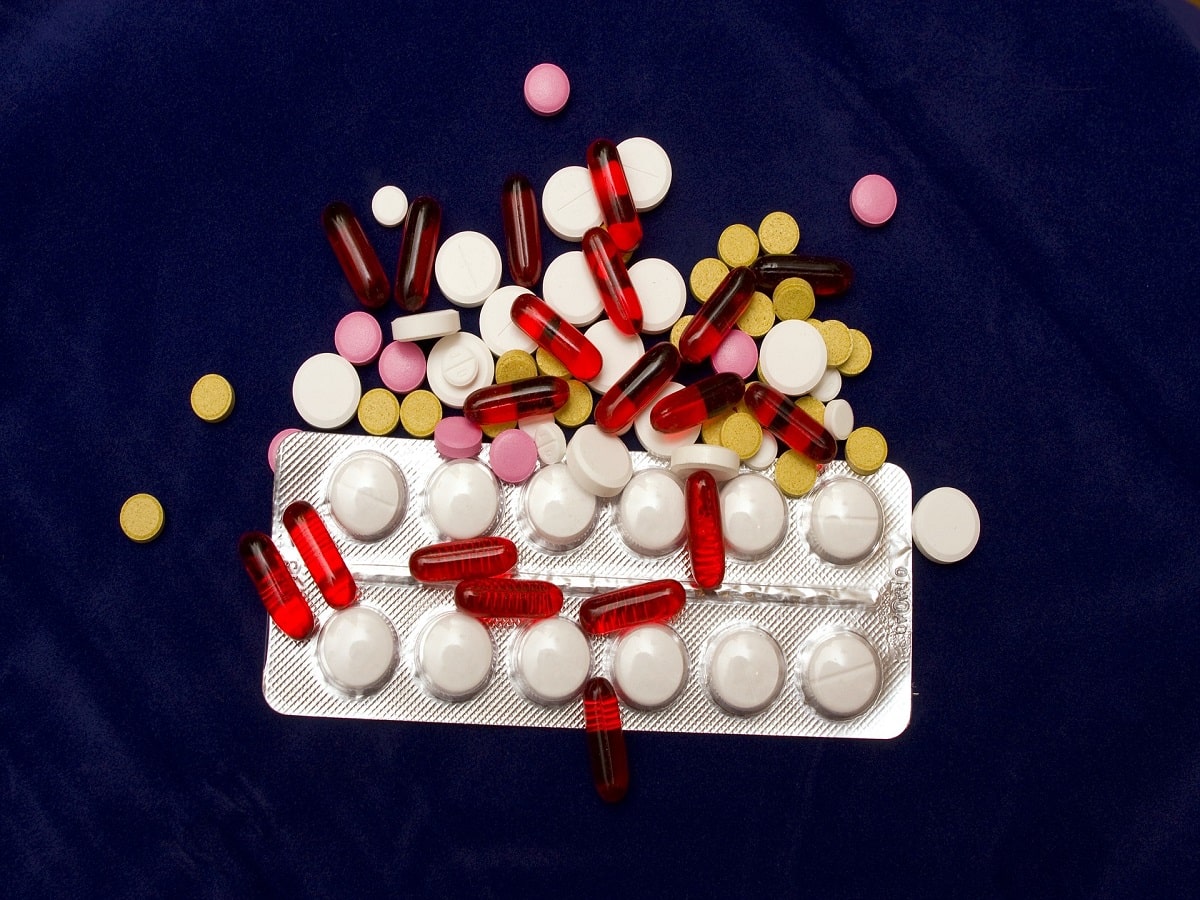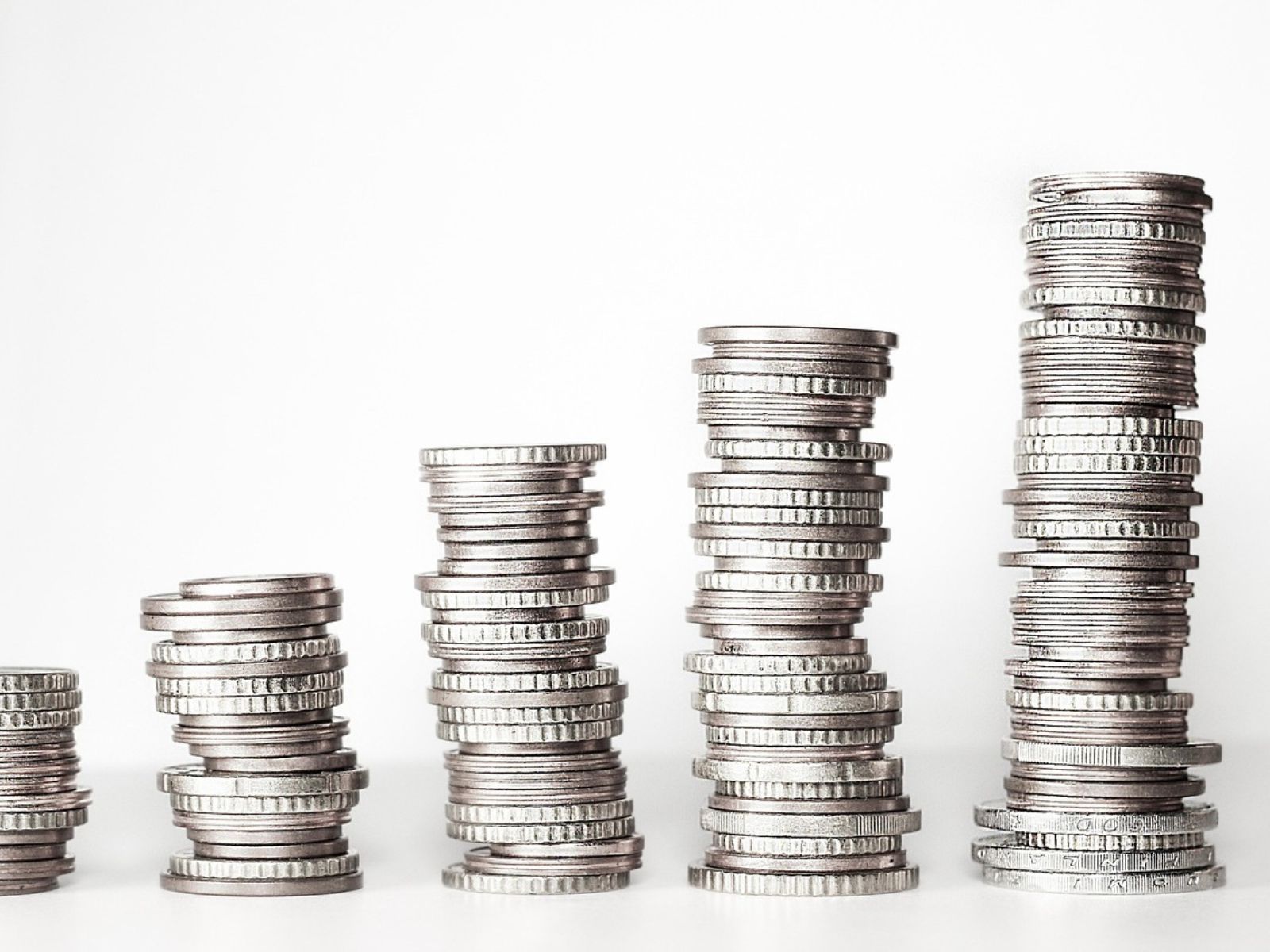
No Next-Day Impairment Associated With Nighttime Use Of Cannabis Oil

No Next-Day Impairment Associated With Nighttime Use Of Cannabis Oil
Cannabis-derived oils are very popular products in legal markets. Consumers and patients around the globe consume cannabis in oil form for various reasons, including that it is a smokeless delivery method.
Unfortunately, a growing list of legal jurisdictions are instituting per se cannabis DUI laws that punish consumers and patients for cannabis use that could be from the night before. A recent example can be found in Germany where the nation has adopted a 3.5 ng/mL threshold for THC in a driver’s system.
A recent study in Australia highlights the problem with per se THC limits, finding that impairment from consuming cannabis at nighttime does not carry over to the following day. Feasibly, a person could consume cannabis oil the night before, and exceed the 3.5 ng/mL for metabolized THC the following day even though they are not impaired. Below is more information about the recent Australian study via a news release from NORML:
Sydney, Australia: Insomnia patients exhibit no next-day impairment following the nighttime use of plant-derived cannabis extracts, according to the results of a randomized, placebo-controlled clinical trial published in the journal Psychopharmacology.
Australian researchers assessed next-day cognitive and psychomotor performance in a cohort of patients diagnosed with insomnia. Subjects in the study consumed either an oral cannabis extract containing 10 mg THC and 200 mg CBD or a placebo.
Investigators identified no differences among those who consumed cannabis or placebo in 27 of 28 performance tests. There were “no impairing effects” on simulated driving performance post-treatment.
The study’s authors concluded: “We found a lack of notable next day impairment to cognitive and psychomotor function and simulated driving performance following evening use of 10 mg oral THC, in combination with 200 mg CBD, in an insomnia population who infrequently use cannabis. … These findings confirm and extend on prior work by employing a randomized controlled trial design, a patient population that infrequently uses cannabis and who are, on average, older than participants in previous studies, and the use of a regulated product containing a higher ratio of CBD to THC.”
Clinical and observational trial data have reported that the use of cannabis products is associated with improved sleep quality in patients with insomnia.
Full text of the study, “Evaluating possible ‘next day’ impairment in insomnia patients administered an oral medicinal cannabis product by night: A pilot randomized controlled trial,” appears inPsychopharmacology. Additional information on cannabis and insomnia is available from NORML’s publication, Clinical Applications for Cannabis & Cannabinoids.
Share article
Ticket Prices increase €200
On March 18th

Ticket Prices increase €200
On March 18th

Ticket Prices increase €200
On March 18th
Share article
Join Our Awesome Community
Join Our Awesome Community
Join Our Awesome
Community
Get all the latest industry news
delivered to your inbox







